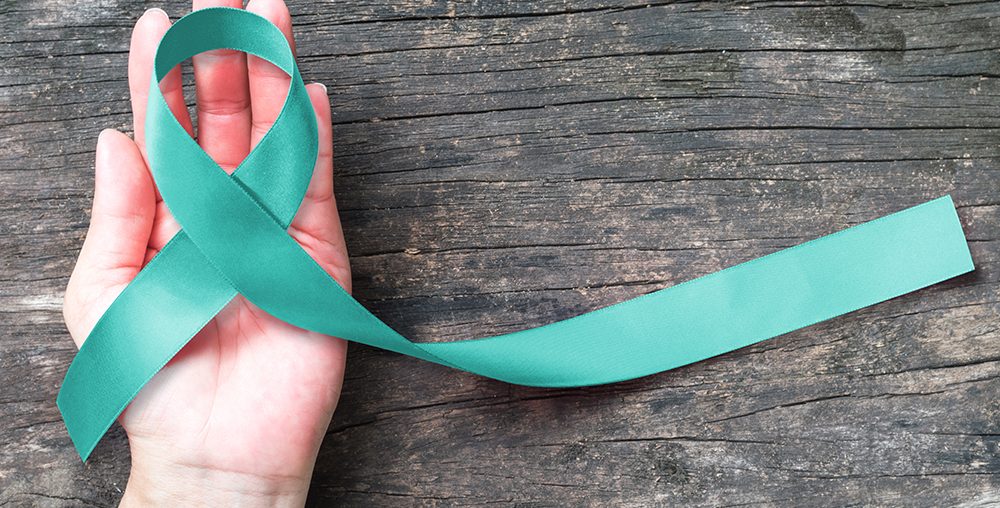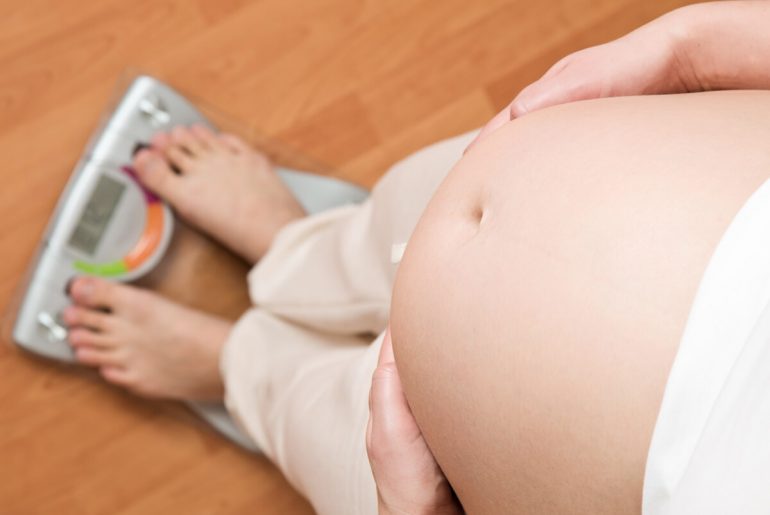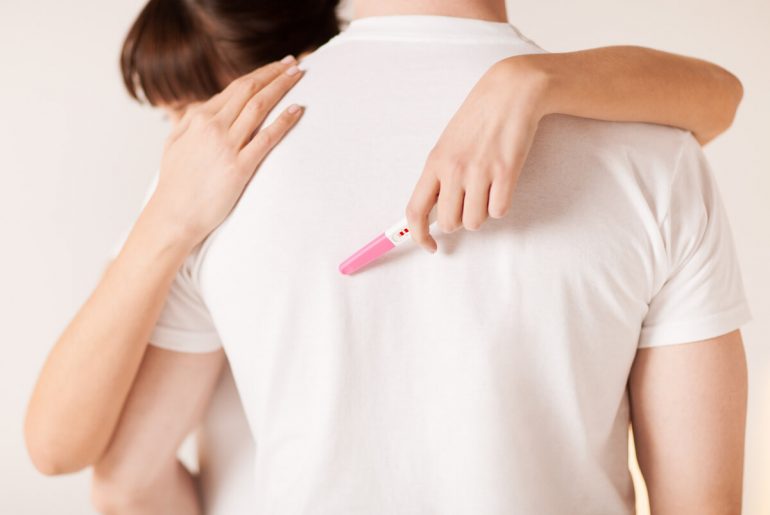In India, the second most common cause of cancer deaths in Indian women is cervical cancer. It accounts for over 24% of all cancer related deaths with over 62,000 deaths reported in 2015. Earlier, breast cancer cases were on the rise, but with better screening techniques and awareness, the incidences have been brought down.
Cervical cancer is caused by the Human Papilloma Virus, and persistent infection can lead to the development of this lethal cancer. Out of the 80 different varieties of HPV, 70% cases of cervical cancer are caused by 16-18 types of the virus which are classified as ‘high risk’.
Who can get cervical cancer?
While there is no telling who can get cancer and why, but there are certain risk factors that have been identified my researchers as those that can increase the risk of cervical cancer symptoms significantly. They are:
- Women who have multiple sex partners
- Lower socio-economic class
- Smoking
- Immunocompromised diseases like HIV patients
Symptoms of cervical cancer can be:
- Abnormal bleeding from vagina like after regular intercourse,spotting between periods, post menopausal bleeding
- Periods with very heavy flow
- Pain during sex (rare)

When did the vaccine launch?
The HPV vaccine was first available in 2006. The vaccine primarily contains protein combinations of the strains of high risk HPV virus 6, 11, 16 and 18. There are 2 types of vaccines- bivalent(16,18) and quadrivalent(6,11,16,18).
What does the vaccine do?
The HPV vaccine is developed to fight the virus that leads to 80% of the cases of cervical cancer. It helps to prevent the growth of the abnormal cells of the cervix from the high risk types of the HPV virus. The protection from this vaccine is long lasting. If administered before any sexual contact, the efficacy is almost 100% from all the types of the virus. The drawback is that the vaccine does not fight for the remaining strains of the HPV virus.
Who can take the vaccine?
The WHO recommends this vaccine to be administered to girls between 9 and 15 years of age. Even 2 doses given to the girls in this age group over a 6 to 12 months interval are enough to protect them. This vaccine can be taken up to the age of 26 years as women are immunologically very active. For girls more than 15 years, 3 doses are recommended within 6 months. If you have been sexually active before the specified age, the vaccine won’t help even if you are less than 26 years of age. The vaccine has no side effects and is not linked to infertility.
Due to the high cost of the vaccine, it is not stocked in government hospitals. If you need to take a shot, you will have to visit a private hospital or gynaecologist’s clinic as they will order the vaccine as per need. The Indian health ministry is trying to include the vaccine in its immunization scheme at the earliest to reduce the risk of cervical cancer and make cancer treatment available to everyone. It has already been included in the Delhi Immunization program. Consult a visit specialist today to know.
Sources:
Kim JJ, Burger EA, Sy S, Campos NG. Optimal Cervical Cancer Screening in Women Vaccinated Against Human Papillomavirus. J Natl Cancer Inst. 2016 Oct 18;109(2). pii: djw216. Print 2017 Feb.





